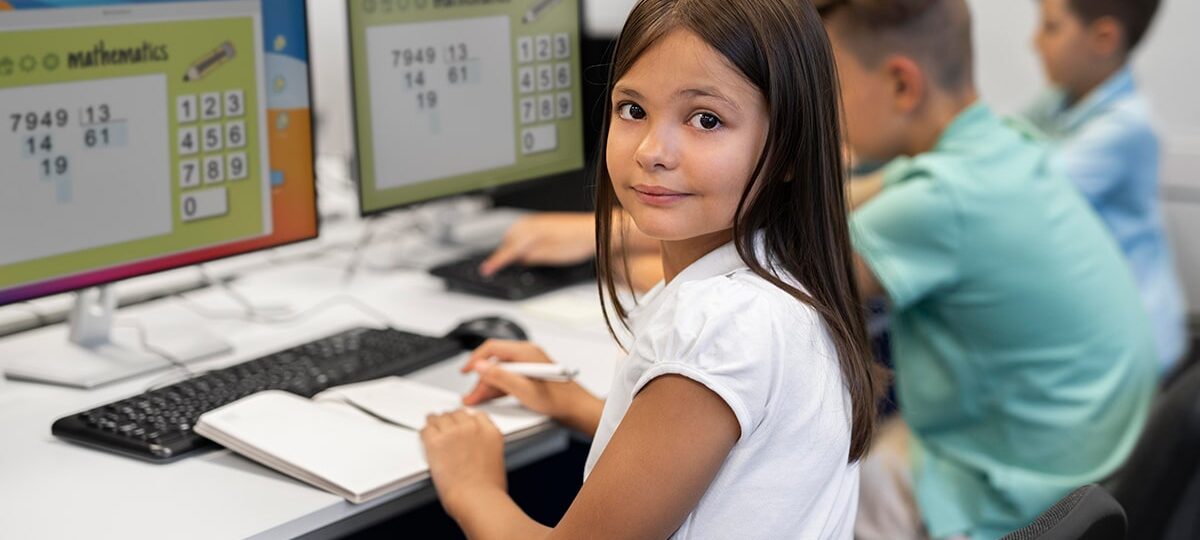The education system has long relied on standardized testing to measure student achievement, but recent controversies have exposed deep flaws in the process. From exam cheating scandals to heated debates over curriculum content, the battle over educational equity continues to shape the future of schooling.
Exam Scandals: Corruption in the System
Standardized tests are meant to ensure fairness, but high-stakes pressure has led to numerous scandals. Schools, educators, and even entire districts have been caught manipulating scores to secure funding, meet performance benchmarks, or boost reputations. The infamous Atlanta Public Schools cheating scandal, where educators changed students’ answers, is just one example of how systemic issues can foster unethical behavior.
Curriculum Wars: The Fight Over What Schools Teach
Beyond testing, curriculum decisions have become a battleground for political and ideological conflicts. Debates over critical race theory, book bans, and sex education highlight the divide between different educational philosophies. While some advocate for a more inclusive and diverse curriculum, others push back, arguing for traditional values and parental control over content.
Equity in Education: Who Gets Left Behind?
At the heart of these controversies lies a fundamental question of equity. Socioeconomic disparities, racial biases in testing, and underfunded schools disproportionately affect marginalized communities. Critics argue that standardized tests reinforce existing inequalities by favoring students with better resources, tutoring, and access to high-quality education. Efforts to reform testing policies and adopt holistic assessment methods aim to create a fairer system, but progress remains slow.
The Future of Education: Reform or Revolution?
With mounting criticism, the education system faces a pivotal moment. Should standardized testing be reformed or replaced entirely? Will curriculum decisions become more inclusive or further politicized? As educators, policymakers, and parents continue to clash over these issues, one thing remains clear—true educational equity requires systemic change, not just surface-level fixes.

